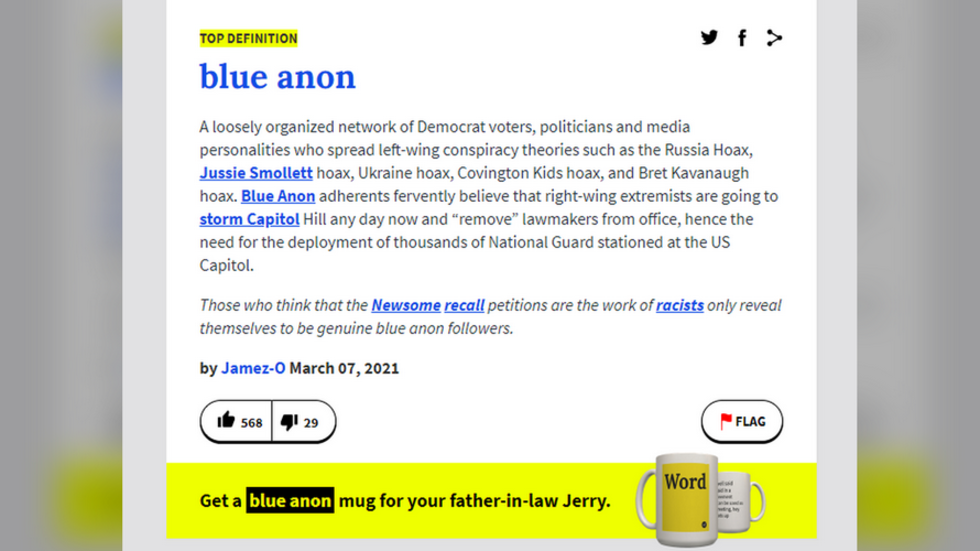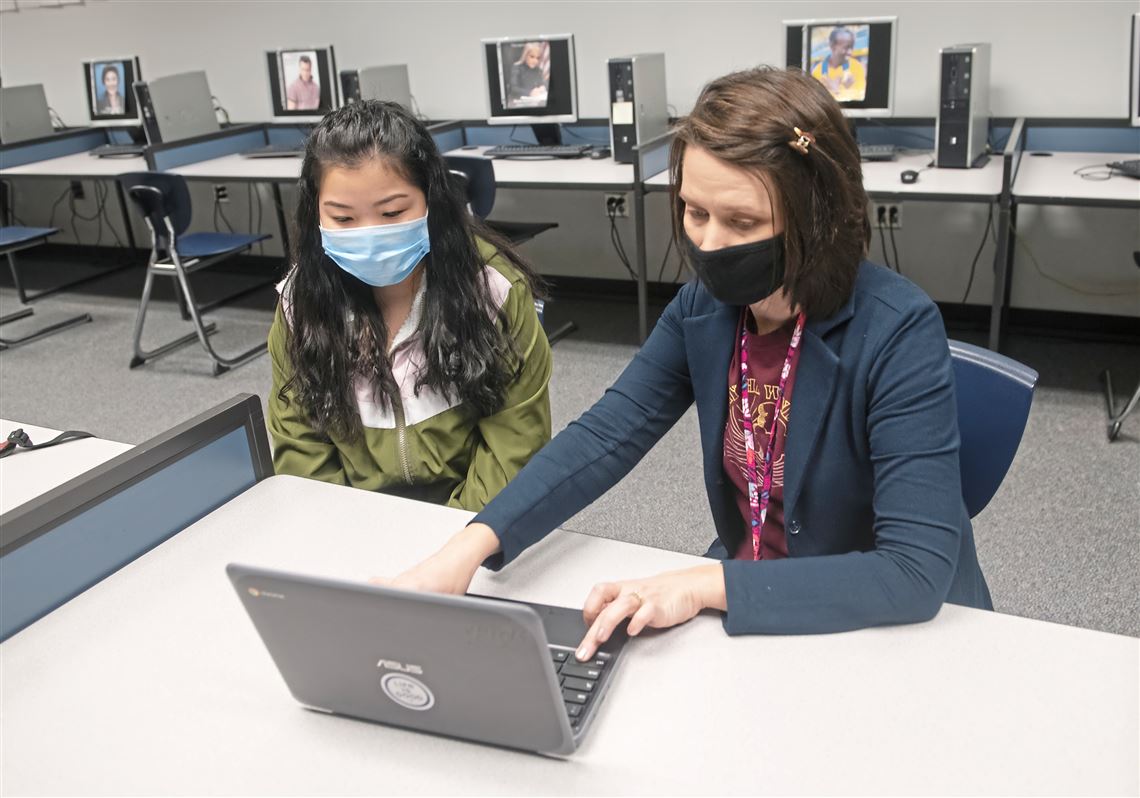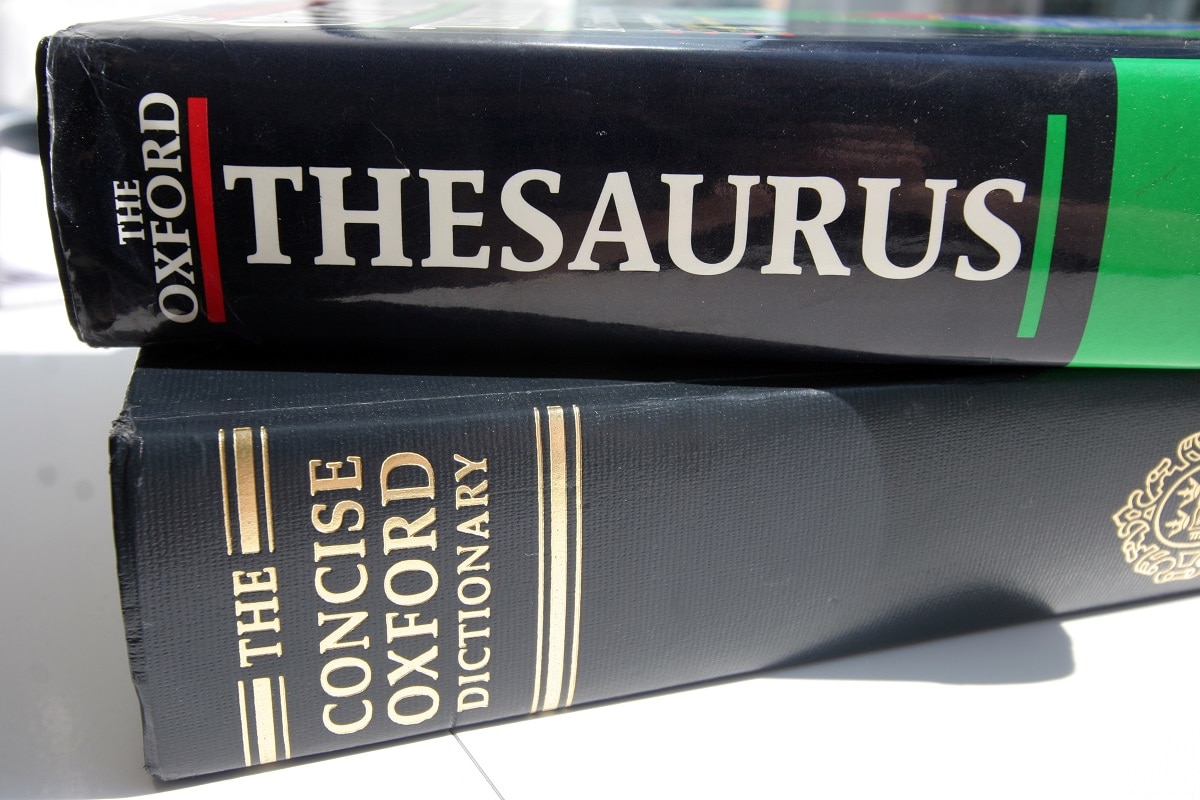Dictionaries tend not to have much of a sense of humour. Perhaps that's why you never see them in the downstairs lavatories of a certain kind of house, alongside a stack of out-of-date Giles cartoon books and bluffers' guides to buying wine.
But that's not the case with The Chin Dictionary, a compendium of current words and phrases deployed by the upper classes in modern Britain, plus a whole collection of new words and phrases that the upper classes would be proud to have invented if they had the wit and chutzpah of the anonymous creator of this 210-page tome.
A Chin — if you didn't know (and, frankly, it was new to me) — is a privileged young, or not so young, toff who wears self-deprecation like a badge of honour, knows that 'Al Pachinos' means 'The Godfather. Of brightly coloured trousers', that 'Briexit' stands for 'leaving before the cheese course' and whose mother is in the habit of lowering her voice when talking about someone, even though that person is 1,000 miles away.
A Chin may not have a brass farthing but is wealthy beyond most people's dreams when it comes to confidence, has an insatiable sense of humour (with a high-decibel, roaring laugh) and knows exactly how to behave in any given situation.
A Chin — if you didn't know (and, frankly, it was new to me) — is a privileged young, or not so young, toff who wears self-deprecation like a badge of honour
The Chin Dictionary describes members of this peculiarly British tribe as: 'A male or female steeped in centuries of aristocratic inbreeding, ever since Will the Conqueror popped over for a cup of tea . . . The world of Chins takes a century to get into, and one use of the word 'toilet' to get kicked out of.
'If you wear bright clothing unironically, can trace your social connections back to the paleontological era, and think meritocracy is a nightclub in Hull, welcome aboard.'
That might not sound especially inviting amid all the talk of 'levelling up' but, as it says on the front cover, this dictionary is 'inspiration for some, reference for others'.
Well, the Mail can reveal that its creator, Leo Chin (first name is Leo, last name not Chin), is a 36-year-old, privately educated, unmarried farmer from the New Forest in Hampshire (with a flat in London, obvs) who may well end up wearing a similar crown to the one handed to Peter York and Ann Barr for writing The Official Sloane Ranger Handbook in 1982.
Published when Margaret Thatcher was Prime Minister and Peter Jones in London's Sloane Square was the centre of the universe for both well-heeled young debs in frilly collars and braying men in striped shirts, the handbook was a permanent guest in those aforementioned lavatories up and down the country for at least a couple of decades.
Speaking on condition that his identity should remain clouded in social mystery, Leo says Chins are not snobs and repeatedly insists that they have 'values'. 'Chief among them is never to make others feel ill at ease, never to put people down and money is not a necessity — but might well be a by-product of Chinnery,' he says.
Life is a romp, humour a weapon. You make your own satire and lie in it.
Hence Free Willy is: '1. Heartwarming 1993 film about a captive killer whale. 2. Reeling in a kilt.'
Charlie Brown refers to 'not needing a map to find Charlie's house, as there are brown road signs', and Osama Chin Laden means 'accidentally going through airport security with a shotgun cartridge'.
Chins have moved on from their parents, who might still use the word 'yonks' (as in, 'It's been yonks since I smoked a ciggie') or 'rather' ('Do I think Sir James Hamilton-Stubber is handsome? Rather!').
They regard the Sloane Ranger Handbook and the days when the likes of Princess Diana drove around London in VW Golfs as old-school.
Even the word 'toff' is a no-no on Planet Chin now that 'tabloid newspapers and wider circles use it', according to Leo. And 'posh' went out years ago and is 'now purely ironic — unless describing a Spice Girl or one of those wedding Portaloos with a Carrara marble backsplash'.
The Chin Directory is a self-published hardback that has sold just short of 7,000 copies, meaning that it has almost reached bestseller status.
Most of those sales — and it's an extraordinarily high conversion rate — have come via Leo's Instagram (Chinstagram?) page, which for the past three years has been amusing its 23,000 followers by poking fun at, well, mainly its 23,000 followers.
The dictionary went on sale in November and did a roaring trade at Christmas, with some people buying copies for their entire pandemic bubbles.
Leo says the most popular first lines on the address labels are 'manor', 'castle', 'farm', 'hall', 'vicarage' and 'officers' mess'. New York and Singapore saw more orders than Wales, and Eton had more orders than from the whole of Australia and New Zealand.
'Multiple customers added a title at the online checkout, even though there was no box to do so,' he says.
No one quite knows where the term 'Chin' came from — and certainly Leo does not claim to have invented it.
We must assume it's a shortened version of 'chinless wonder', derived, as one dictionary says, from the 'characteristic recessive chin of some aristocrats, popularly thought to be caused by inbreeding and associated with limited intelligence'. But that doesn't quite do justice to The Chin Dictionary. Because although it has more than a whiff of entitlement about it, it's sharp, clever and beautifully produced.
At the back of the book it gives the price as £9.99, but with a line through it followed by, 'Now £18'. And the parody continues on the inside back cover with a black-and-white sketch of a Victorian publishing house.
Its caption reads: 'Printing the first edition of The Chin Directory in 1851. One million copies were sold, mainly from the Polzeath beach ice cream van.' (Polzeath is the Cornish seaside resort beloved by David Cameron and thousands of young Chins who decamp there for a week or two in July.)
Leo says a lot of Americans have bought the book to 'rationalise the oddities of the British' and he hopes they recognise that 'you are not British unless you can laugh at yourself'.
To get all the jokes in the dictionary, you don't have to own a rambling Queen Anne house with noisy pipework in Devon, a grouse moor in Scotland or a ski chalet in Verbier — but it might help if you do.
n Visit thechindictionary.com to buy the book (£18).







